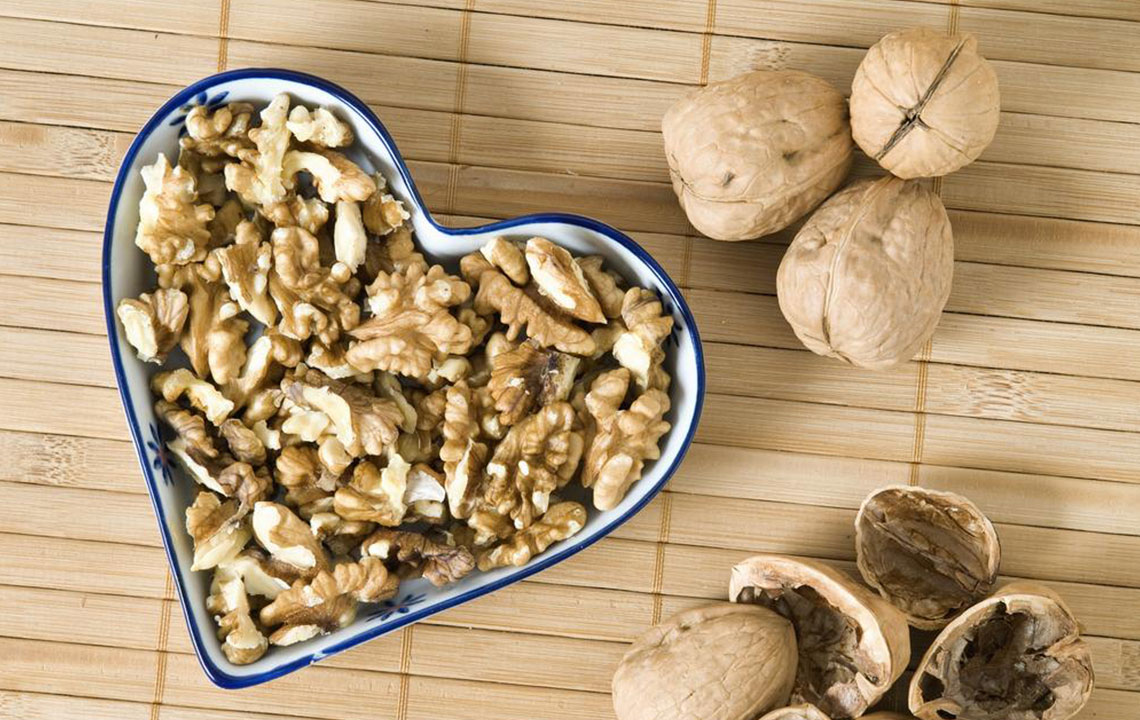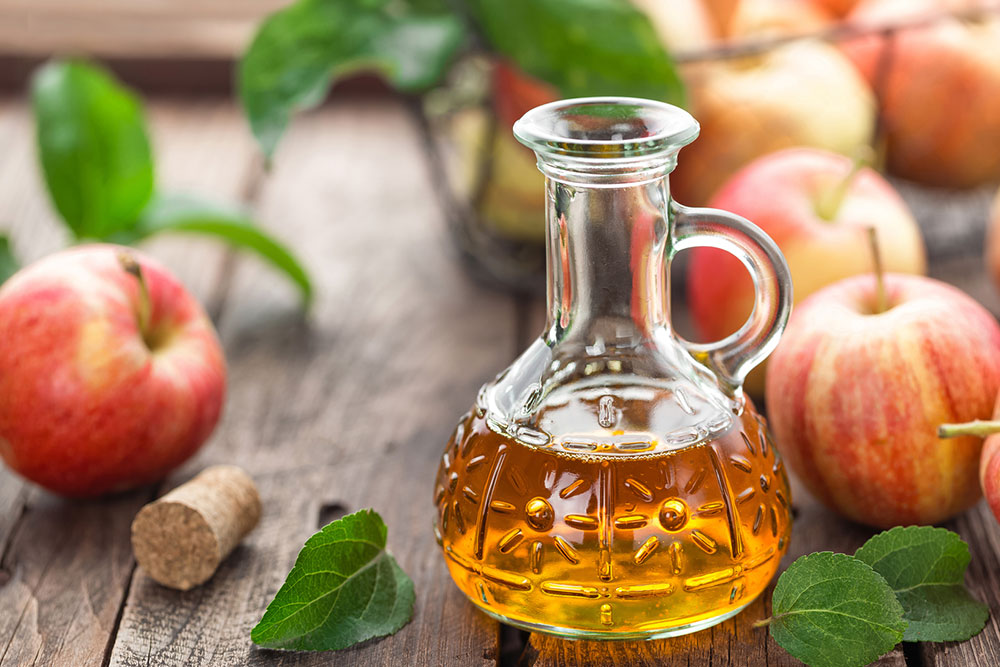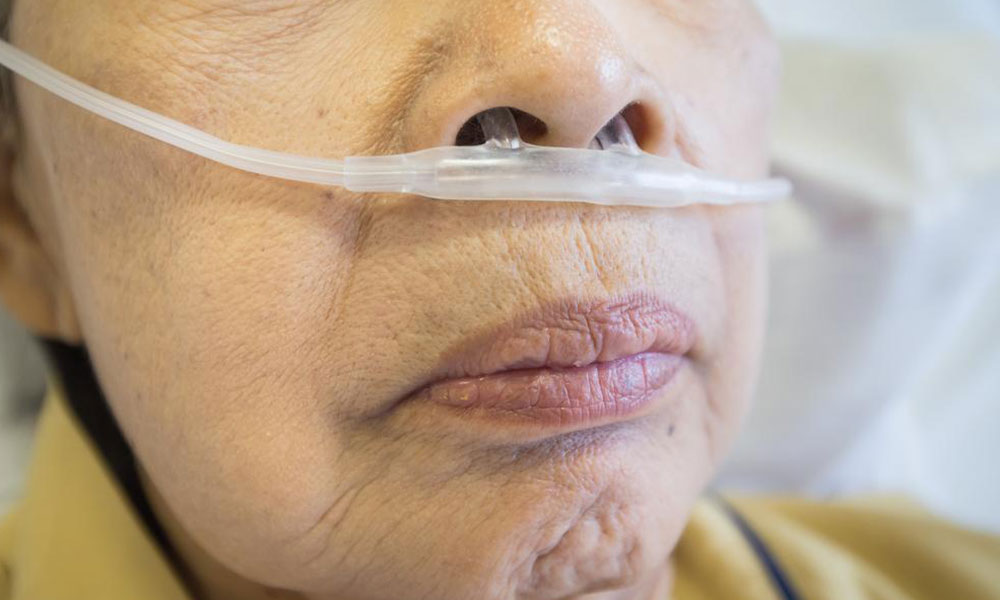Strategies for Lung Cancer Prevention and Natural Support Techniques
Explore effective strategies to prevent lung cancer through lifestyle changes, dietary tips, and home remedies. This guide emphasizes quitting smoking, avoiding toxins, maintaining a healthy diet, and supportive care practices to reduce risk and aid treatment. Learn simple tips like hydration and dietary adjustments that can improve well-being during recovery or as preventive measures.
Approaches to Prevent Lung Cancer and Supportive Home Practices
Lung cancer results from an abnormal proliferation of malignant cells within lung tissue. Data indicates a rising trend in mortality rates associated with lung cancer each year. Once diagnosed, medical intervention is essential. However, adopting certain home-based strategies can help reduce the risk of developing this disease.
Lung cancer risk factors include lifestyle habits, genetic predispositions, and dietary choices. Here are effective preventative measures:
Cease smoking: Evidence shows that approximately 90% of lung cancer cases are linked to cigarette smoking.
Smoking damages lung cells and deposits tar, impairing oxygen flow and fostering infections, including cancer. Quitting smoking significantly lowers lung cancer risk.
Avoid secondhand smoke: Exposure to smoke from others' cigarettes, known as passive smoking, increases lung cancer susceptibility. Even minimal inhalation of secondhand smoke contains carcinogens, making avoidance wise.
Stay clear of toxic gases: Workers exposed to hazardous substances like asbestos, arsenic, nickel, or chromium should implement safety measures to limit exposure, as these chemicals are associated with lung cancer development.
Maintain a healthy diet and stay active: Consuming a balanced diet rich in fruits and vegetables, alongside regular physical activity, boosts immunity and can help prevent cancer formation or progression.
Home care tips: Despite preventative measures, some individuals inherit genetic risks. In such cases, medical treatments combined with home remedies can aid recovery. Popular practices include:
Hydrate adequately: During treatment, hydration helps counteract side effects like dehydration, which can cause diarrhea and nausea. Suggestions include:
Regular mouth rinsing
Consuming sugar-limited candies
Using humidifiers in living spaces
Avoid spicy and oily foods: These foods can cause acid reflux and lung irritation. Opt for easy-to-digest, low-spice, low-fiber options to reduce discomfort.
Important Note:
Our blog offers informed insights across various topics for educational purposes. While the information is based on research, it should not replace professional medical advice. The website cannot guarantee accuracy or cover all available schemes and offers relevant to readers.










